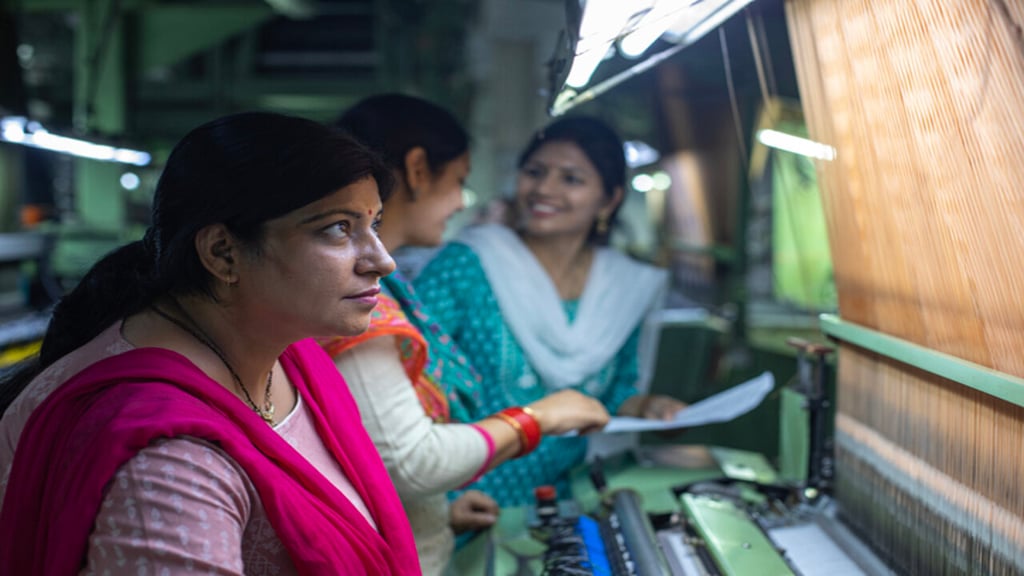To ensure safety, reliability and regulatory compliance for products worldwide, aerospace-specific AS 9100 Revision D standard places emphasis on numerous additional requirements specific to the aviation, space and defence industries.
To ensure safety, reliability and regulatory compliance for products worldwide, the aerospace-specific quality management system AS 9100 Revision D standard places emphasis on numerous additional requirements specific to the aviation, space and defence industries.
One of these requirements is a ‘special process’ – where the resulting output cannot be verified by subsequent monitoring or measurement. Specifically, this would be where you would most likely need to perform destructive testing to see if the process has been effective.
Some classic examples of special processes include:
- Welding (automatic and manual)
- Heat treatment processes
- Application of Coatings
It is worth noting that Non-Destructive Testing (NDT) is also considered a special process, as are activities like soldering. This is because the strength of any joints cannot be verified without pulling them apart - not ideal if you are trying to minimise waste and scrap rates!
Controlling special processes
It’s the organisation's responsibility to identify any special processes, and ‘scope out’ controls required. In some cases, this may be customer-driven e.g. suppliers operating under the SABRe supplier quality requirements will be subject to fixed process approval for certain activities.
Once the special processes have been defined, the next step is to implement control, often around three key variables:
- Control of equipment/machinery.
- Qualification of personnel.
- Periodic monitoring of the process.
Depending on the nature of the process, each of these factors will have a different level of significance. For example, with soldering, these three variables work together to increase the probability of a consistent result being achieved:
- Soldering irons are subject to periodic calibration to ensure consistent temperatures.
- Staff are independently certified against international standards such as IPC-610A and J-STD-001.
- If machinery such as a reflow oven is used, periodic monitoring may take place through temperature profiling at defined intervals.
Demonstrating compliance
The role of your quality management system in demonstrating compliance is twofold. First of all, showing that any special processes and the methods necessary to control them have been considered, often demonstrated through procedural documentation and work instructions.
Secondly, there will need to be records retained as proof of the controls being applied. This is where the design of your quality management system will be crucial.
Some questions for you to consider:
- How will activity records be created?
- Who will be responsible for maintaining these records?
- How will we set reminders and prompts to ensure that reoccurring activities are completed?
There is no one size fits all answer to the above. It will depend on the nature of the special processes performed and systems already deployed by your organisation.




